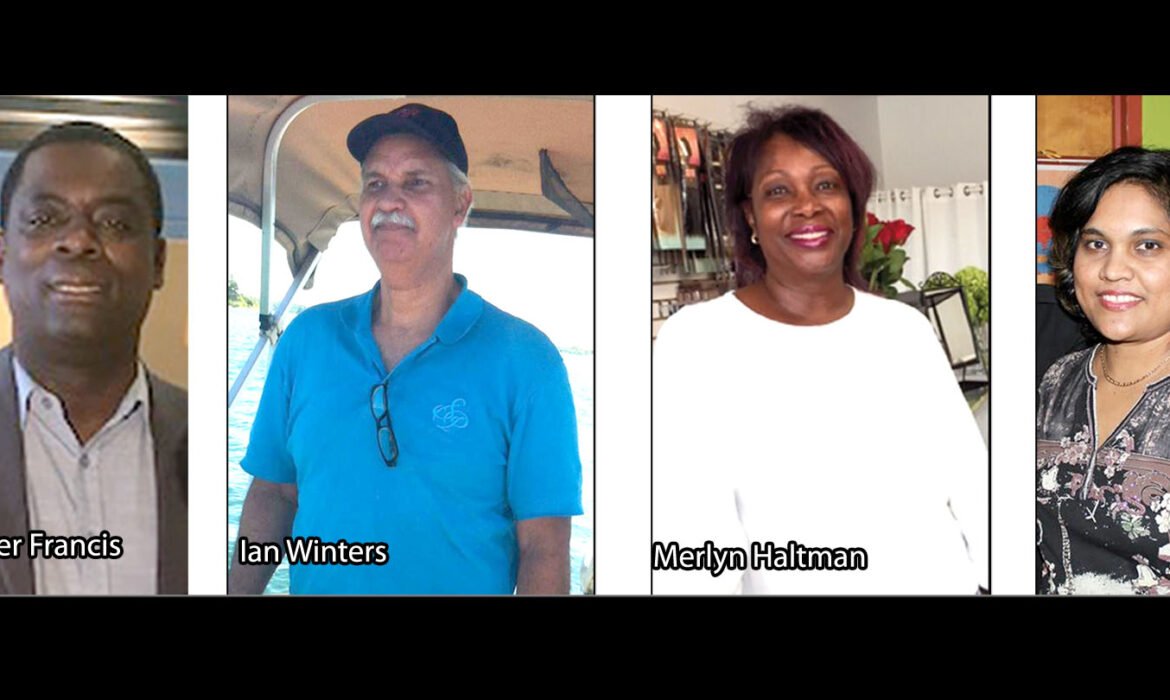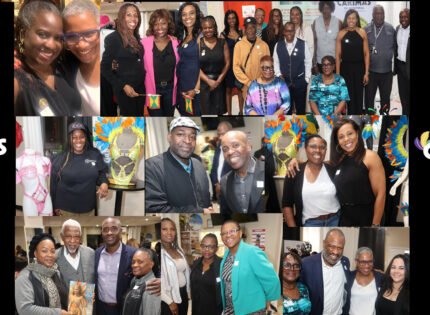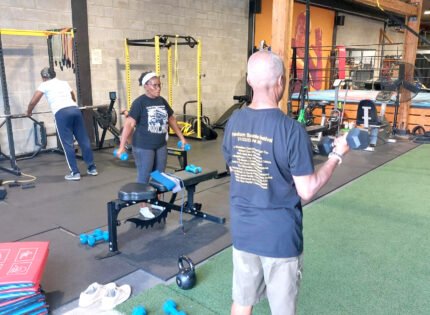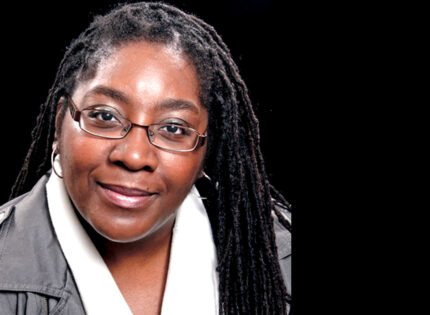Rosie Awori
Local Journalism Initiative Reporter
For the past six weeks or so only essential services such as pharmacies, supermarkets, petrol station and banks were the only businesses allowed to operate In Quebec. As the weeks turned into months, business owners especially those in our community, where the foundations are not as strong, look to the future with uncertainty and a little trepidation
The announcement by Quebec Premier Francois Legault, reopening of non-essential businesses later this month, has been received with a small sigh of relief but for our entrepreneurs still many questions remain. Most of all, how to navigate the new normal the pandemic have thrust them into.
Even before the outbreak, small businesses within our community were already struggling to stay afloat. After the lockdown, things seem to have taken a turn for the worse.
“Even if you were doing good, you are part of the society, if the economy is going down then you will also go down, it’s a very tense situation.” Peter Francis owner of Carib Patties, a Caribbean fast food restaurant in on Jean Milot, LaSalle, told the CONTACT, in a recent telephone interview. “We had to let go of most of our staff and although we remained open,”
“This is a problem we don’t have much control over, we are learning as we go. We now have to wear masks and learn how to cook with masks and all that. It’s tough but we hope it will go away. For now, we take it one step at a time”
Down at Caribbean Paradise Restaurant also in LaSalle, owner Babita Parsram says they have had it rough over the past several weeks of the pandemic shutdown, having to lay off of their employees, and with mounting bills – including rent she definitely seen better days.
“We lost 85 per cent of business, most of our business is catering and events, and I don’t know when that will get back to normal. Even with the re-opening people are not going to have events like before,” says Babita together with her husband Dan, opened the restaurant in 2000.
Over the years it has grown into a popular entertainment haven in our community with events almost every weekend.
These days Babita and Dan continue to do what they can by assisting those in the community who are in need of a free meal and she says they are happy to do so.
But looking down the road Babita knows that it will be a long journey back to where they were.
Ian Winters, of Eastern Caribbean, a shipping company doing business in Montreal for the past 10 years, said that they have remained open during the lockdown, but was not able to capitalized.
“Many people thought we were closed and so we didn’t have many orders coming, so we’ve definitely felt it,” Ian says.
“I keep getting asked when are you opening back up again, and I have to tell them we never closed. So, we did take some hits because of that. Otherwise it’s okay.
For Merlyn Haltman, the owner of Chez Xandra, a beauty supply store and hair salon in the West Island faced a complete shutdown due to the pandemic.
“My business is barely a year old,” she says. “I had just done a hair styling program before all this happened. But what can we do?”
She is eager to see the economy re-open but doesn’t know what it means for people in her kind of work.
“There is no social distancing when it comes to doing hair, when I am styling hair, I have to be close to my clients head and face,” she explains, “ so even when things open up who is going to be coming to the salons?”
All of the business owners are all apprehensive when it comes to accepting the government help.
“The government is offering loans to businesses, but remember a loan is still a loan if we take it, we will have to pay it back. So, unless it’s a grant we can’t take it,” Babita notes.
“I already took a loan to start this business, with all the uncertainty, I will pass on the loan for now,” Ms. Haltman says.
Inspite of the struggles and the uncertainties, Ian Winters remains optimistic that this will pass and that we will ‘come out on the other side.’
Research done by JP Morgan Chase found that businesses located in Black and minority communities had less than 21 days of cash in hand to meet financial obligations. And so, it makes sense why most businesses in the community do not consider the loans as a viable way of helping them.
With new research showing that a disproportionate number of Blacks in the community have been affected by COVID-19 it implies that a lot of business will continue to shut their doors.
“If (governments) can give small businesses like ours grants, it would really go a long way.” Merlyn Haltman says.











